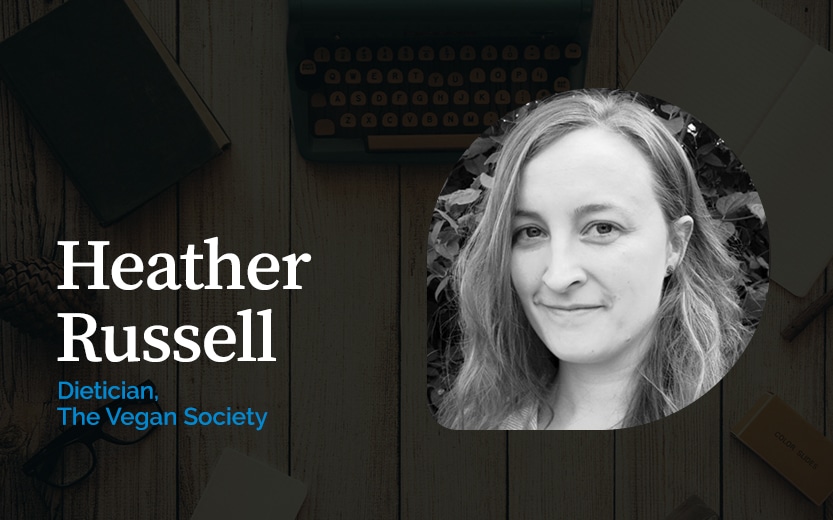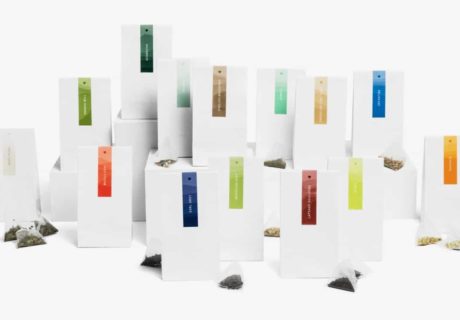Dear Editor
Here at The Vegan Society, we’re passionate about sharing reliable information about vegan nutrition, which is why we’ve formed an alliance with the British Dietetic Association.
My colleagues often ask for my views about articles, and I was recently asked to cast my eyes over Patrick Holford’s piece entitled ‘The dangers of a vegan diet’ in the November 2017 issue. Some of the messages are poor, so I would like to provide Natural Products readers with the opportunity to read some simple guidelines about obtaining omega-3 fats and vitamins B12 and D from a diet that does not contain animal products.
Vitamin B12
It’s essential for every vegan to get vitamin B12 from fortified foods and/or supplementation. These are the only proven reliable sources, so please don’t follow Patrick’s advice about mushrooms and seaweed.
Examples of fortified foods include plant alternatives to milk and yoghurt, dairy-free spread, yeast extract, breakfast cereal and nutritional yeast flakes. We recommend that anyone using this approach eats fortified food at least twice a day and aims for a daily intake of at least 3mcg.
If vitamin B12 is obtained from a supplement, a daily dose of at least 10mcg is recommended. Alternatively, you could take at least 2000mcg weekly. The Vegan Society markets a daily vitamin and mineral supplement designed for vegans called VEG 1, which provides vitamins B12 and D, iodine and selenium.
Vitamin D
At this time of the year, it’s particularly important to highlight that vitamin D supplementation is not just a vegan issue; it’s a UK issue. During autumn and winter, it’s recommended that everyone in the UK takes a daily supplement containing 10mcg of vitamin D. Year-round supplementation is recommended for certain groups, including people who do not regularly expose their skin to sunlight, and those with darker skin.
As Patrick points out, vegans need to consider the source of vitamin D, and vitamin D2 is an option. I’d also like to highlight that some supplements like VEG 1 contain vegan-friendly vitamin D3 from lichen.
Omega-3 fats
Regarding essential omega-3 fat (ALA), the key message for vegans is that a really rich source should be consumed daily, such as walnuts, ground linseed, hemp seeds or chia seeds. For example, you could sprinkle a tablespoon of ground linseed on porridge, or snack on a handful of walnuts.
Although pumpkin seeds contain good amounts of protein, iron and zinc, they are not a really rich source of ALA. In fact, they are known for providing omega-6 fat. Vegans need to be mindful of the balance between omega-3 and omega-6 fats in their diets. If you eat a lot of omega-6 fat, your body may convert less dietary ALA into long-chain omega-3 fats (DHA and EPA), reducing the amount of omega-3 fat in your blood. It’s helpful to cook with vegetable (rapeseed) oil and take care with the serving sizes of sunflower seeds and pumpkin seeds.
Patrick highlights that vegans do not obtain DHA and EPA from oily fish, so they rely solely on the body’s ability to convert dietary ALA into DHA and EPA unless they use a microalgae supplement. We don’t have evidence that this kind of supplementation is essential for vegan health, but it’s certainly a more important consideration for pregnancy, breastfeeding and children due to the role of omega-3 fats in brain development.
In conclusion, well-planned vegan diets provide adequate vitamin B12, vitamin D and omega-3 fat, and can support healthy living in people of all ages.
If you’d like to find out more about vegan nutrition, The Vegan Society provides an array of resources at The Vegan Society.
Kind regards,
![]()
Heather Russell
Registered Dietitian, The Vegan Society





